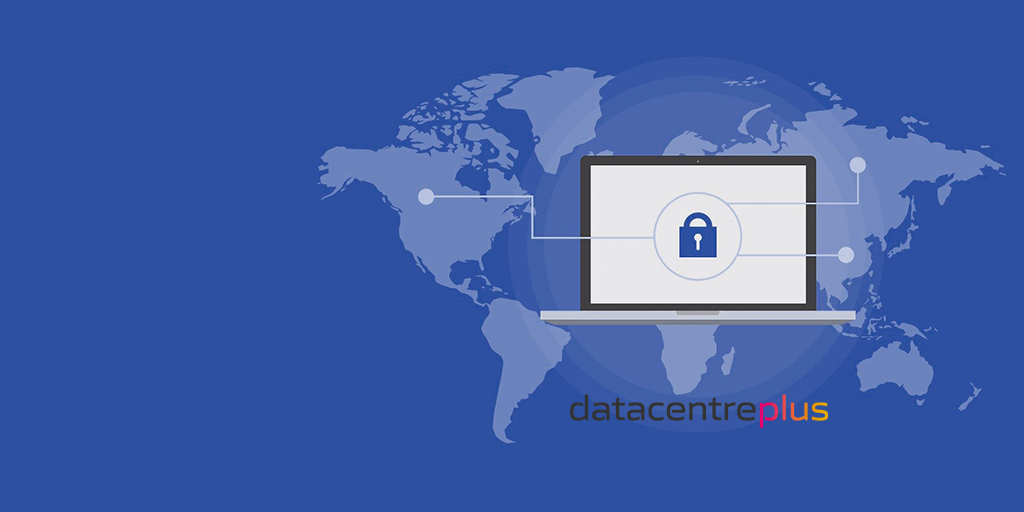The 1980s were an exciting time – alongside extreme fashion and big hair, it was also when the beloved internet was born, which we now know, as a society, simply cannot do without.
Around the time that computers were becoming commonplace, so too were hackers and viruses. As our systems became more sophisticated, essential files and data became vulnerable to attacks and Computer Security Day was declared in November 1988.
What is Computer Security Day?
Computer Security Day is a designated day that reminds internet users to use good cybersecurity habits to help prevent them from falling victim to scams, ransomware, malware and the loss of personal data. With new, agile hacking techniques being developed consistently, consumers need to be ever more cyber-savvy to protect their data and to avoid cyber-crime.
For example, MyDoom has been named the most destructive computer virus of all time, causing over $38bn worth of damages to innocent people worldwide. The virus still persists to this day and, according to cybersecurity company Palo Alto Networks, 1% of all emails containing malware sent during 2019 have been MyDoom emails.
As online-based businesses operating 24×7 are becoming more and more prevalent, there are more opportunist criminals looking to use sophisticated techniques and exploit security flaws at the earliest opportunity to compromise these businesses. It doesn’t matter how small or insignificant you think your business is, the data you hold on your computer or server is valuable to someone; cybercriminals know this and would seek to access this data and use it against you.
Tops tips for staying safe online
Keep up to date
To ensure the latest security patches are in place make sure you keep all your software updated. It’s easy to skip software updates as they take up a few minutes of your time and may not seem that important, but in reality, this keeps the doors open to hackers looking to access your private personal information.
Create complex passwords
Good password management is crucial! Everybody by now should know the importance of strong passwords. In fact, a big concern many have when creating complex passwords is the fear of forgetting them. Here are a few best practices for good password management you may want to implement:
- Passwords should be at least 8 characters long and they should be complex (include numbers, symbols and punctuation, for example).
- Avoid dictionary words and do not repeat sequences of characters e.g. 2222 or abcabc. If possible, use a secure password generator.
- Use a password manager (such as LastPass) – they not only let you store accounts and passwords in one place, but also help you pick high-quality secure passwords.
Use Two-Factor Authentication (2FA)
Two-factor authentication (sometimes referred to as two-step verification) is a security process whereby a user provides two different authentication methods (for example, a phone and a password) to identify themselves. 2FA adds an additional layer of security to the authentication/sign in process, making it harder for an attacker to gain acess to your device or online accounts. If 2FA is available, you really should activate it.
Backup your data!
It should not need saying that it’s best practice to backup your data on a regular basis (at least daily). Having access to a recent backup and restore capabilities is critical to your ability to recover from serious cybercrime – for example, a ransomware attack on your business. Better still, have two sets of backups, with the second set in a remote site or kept ‘offline’ where possible.
Educate employees
Educating employees on being able to spot suspicious links and scam emails that appear convincing will prevent hackers being able to gain unauthorised access to computers and networks. Staff should also be trained and made aware of the consequences of clicking on suspicious emails, ads or social media posts.
Free Cyber Security Audit
We hope this short guide has given you a good insight into the importance of keeping your data safe and secure, and tips on how to improve your online security. At Datacentreplus we have many options for you to choose from when it comes to protecting your business and its digital presence, for example a range of firewall protection options and are also offering a free Cyber Security Audit to help manage the risk of cyber threats. For more information please click here.
So here’s to Computer Security Day 2020, stay safe out there!


